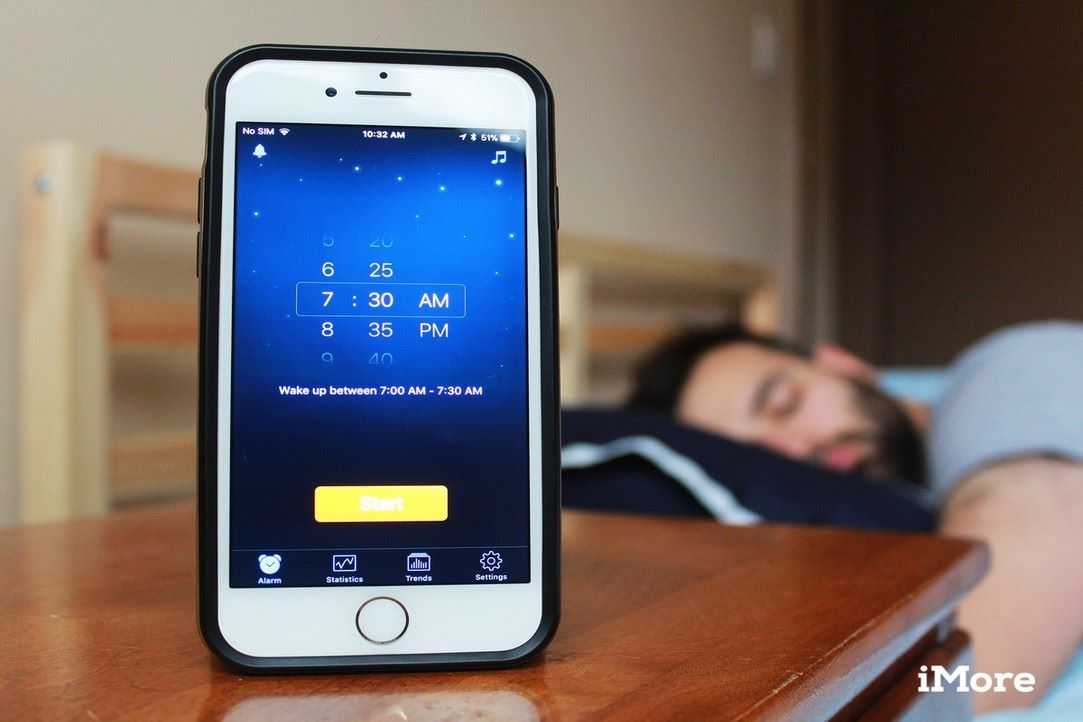My Morning Starts At 2 PM Now

At this point, it’s not a secret that one of the consequences of the transition to online learning was the broken internal sleep clock and messed up sleeping schedule. Despite the fact that it might seem like it’s a lot easier for students to stick to a healthy sleeping schedule when they don’t have to spend time commuting to the university and have absolute freedom in planning their daily routine, it doesn’t seem to work.
Once the students get a chance to stay up late and wake up when they want to, they somehow forget how important a healthy sleeping pattern is. On the other hand, the workload also increased substantially after switching to online learning and students might often find themselves simply not having enough time to finish all the assignments. If any of that sounds like something you have to deal with these days, we prepared a couple of things to keep in mind if you want to get back on a healthy sleeping schedule.
Condition your brain into thinking that your bed is a place where you sleep and only sleep
One of the most important rules to remember and to stick to is to avoid doing any other activities in bed apart from actually sleeping. We might often find ourselves watching movies, finishing up our assignments, eating in bed and it weakens the mental connection between being in bed and sleeping that we have in our brain. This connection is broken by a mere fact of being engaged in activities other than sleeping and only gets worse when those activities are highly cognitive stimulating.
Coffee and naps
Two of the easiest ways to fight with the feeling of being sleepy is to either make a cup of coffee or to take a nap. While it does seem like an easy solution, many of us then have problems falling asleep at the end of the day. If you feel like you actually do have to take a nap, it is recommended to only nap for less than 30 minutes. This will make u feel more energized and prevent a groggy feeling when you wake up. The same goes for coffee – it’s totally fine to drink it, but you have to make sure not to drink too much. It is argued that up to 400 milligrams (mg) of caffeine a day is safe for most healthy adults. That would be approximately 4 cups of coffee – don’t cross that line. Finally, even if you drink less that 4 cups you definitely shouldn’t do that right before going to bed – both the timing and the amount matters in this case.
Laptops, phones
You have probably already heard about the blue light and the dangers of it. What it actually does is keeping you awake by blocking a hormone called melatonin that makes you sleepy. Even though it would be better to avoid any distractions that come with using social media and apps, the least you can do is to switch your phone to a “night shift” to change the color of the light or to turn on the “dark mode” so that the background is black with white text on it. You can also go the settings and make your phone turn on those features automatically at a particular time point.
Food, exercise
Though some people prefer to do their workouts in the evening, it is usually recommended to avoid such activities since when you exercise your heart rate increases, your blood pressure goes up – your body gets energized instead of getting relaxed. Quite obviously, that would not help you to fall asleep. Substituting those workouts with meditation or breathing exercises would be a nice alternative to that. When it comes to eating, the general consensus is that you shouldn’t eat large meals up to 3 hours before bed. If you feel hungry and can’t fall asleep because of it, having a small snack before going to bed would be completely fine as long as it is a low-fat snack with complex carbohydrates.
Sticking to a routine
One of the most important and often ignored points is to develop a consistent sleeping schedule. Going to sleep and waking up at the same time every day is extremely helpful despite the fact that it might be quite hard at the beginning. The effect would be even better if your routine includes a soothing bedtime routine before you go to sleep. In general, having a habit of going to sleep and waking up at the same time helps to maintain the timing of the body's internal clock and, in the end, makes it easier for you to both fall asleep and wake up in the morning.
Assignments might be important, but in times like these we understand that our health should always be our only priority.
Resources:
- https://www.huffpost.com/entry/sleep-hygiene-tips_n_5030168
- https://www.teenhealthcare.org/blog/8-dos-donts-for-a-good-nights-sleep/
- https://www.health24.com/Medical/Sleep/News/heres-why-you-should-be-napping-and-for-just-30-minutes-20180327
- https://www.mayoclinic.org/healthy-lifestyle/nutrition-and-healthy-eating/in-depth/caffeine/art-20045678
- https://www.imore.com/best-apps-help-you-sleep
Text by
Nadezhda Bykova
